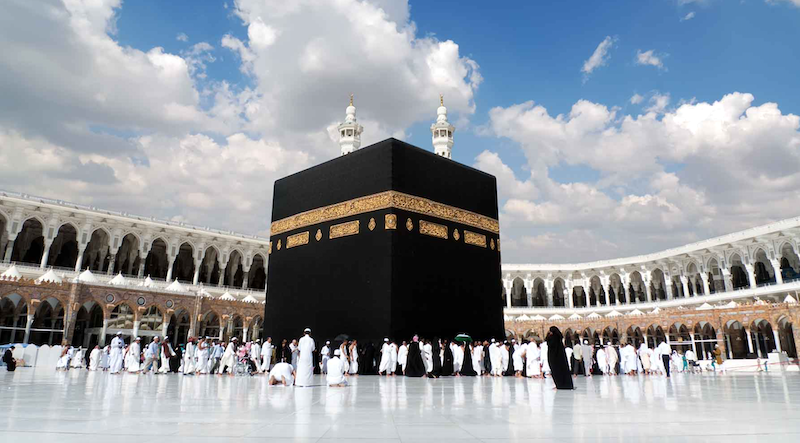Minister of Hajj and Umrah, Tawfiq Al-Rabiah has advised pilgrims to stay within their designated camps between 10 am and 4 pm on the Day of Arafat.
TheNewsGuru.com (TNG) reports Al-Rabiah to have said this is to avoid heat exhaustion due to expected high temperatures.
Minister Al-Rabiah spoke at a meeting with Hajj mission heads during the 49th Grand Hajj Symposium in Jeddah, Saudi Arabia.
He emphasized that random group walking poses a significant risk to crowd flow and pilgrim safety during Hajj.
Al-Rabiah stressed the importance of using designated transportation from Arafat to Muzdalifah, rather than walking, to ensure safety and optimal ritual performance.
The minister highlighted the crucial role of the Nusuk card in accessing the Grand Mosque, holy sites, and public transportation, making it a key regulatory tool for performing rituals.
He directed Hajj affairs offices to strictly adhere to regulations regarding pilgrim movement within holy sites, prioritizing safety and optimal ritual performance.
Al-Rabiah emphasized that adherence to dispatch and transport plans is a collective responsibility, essential for organizing crowd movement and guaranteeing safety.
Hajj: 62 airlines transported pilgrims to Saudi Arabia in 3,314 flights
Meanwhile, the spokesperson for Hajj Transport and Logistics, Saleh Al-Zuwaid, has disclosed that 62 air carriers operated 3,314 Hajj flights, transporting pilgrims from 238 destinations in 71 countries.
Addressing a press briefing at the Hajj Media Operations Centre in Makkah, Saudi Arabia, Al-Zuwaid highlighted the efficient reception of pilgrims, ensuring a smooth flow of arrivals and movements.
Regarding the Haramain High-Speed Rail, Al-Zuwaid stated that 4,700 trips were scheduled, offering up to two million seats – an increase of 400,000 seats from last year.
He added that the rail service transported 700,000 passengers by Sunday and would continue to provide services to meet pilgrims’ expectations.
Al-Zuwaid also mentioned that the Mashaer Train was expected to operate over 2,000 trips, transporting more than two million passengers in seven days.
Additionally, road cooling technology, he said, had expanded by 82 per cent in the holy sites, effectively reducing road surface temperatures by 12 degrees Celsius.
Meanwhile, Saad Al-Shanbari, spokesperson for the Hajj Communications and Technology System, reported that 4G and 5G coverage reached 99 per cent in Makkah, Madinah, and the holy sites, resulting in a significant increase in internet speed to 264 megabits per second.
Also, Wi-Fi access points exceeded 10,000, and the Communications and Space Technology Commission successfully implemented an AI crowd management experiment using HAI surveillance cameras.



